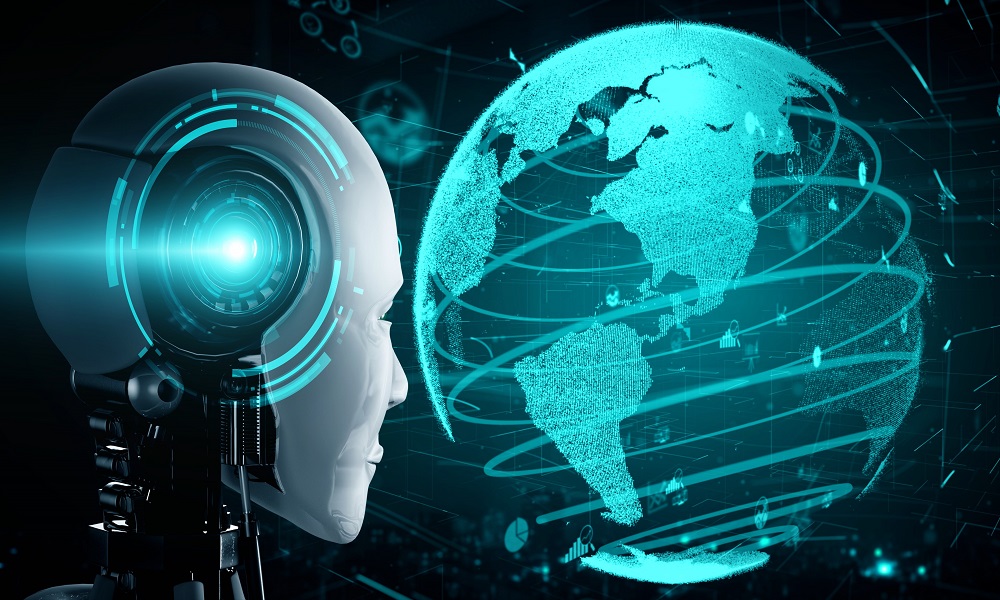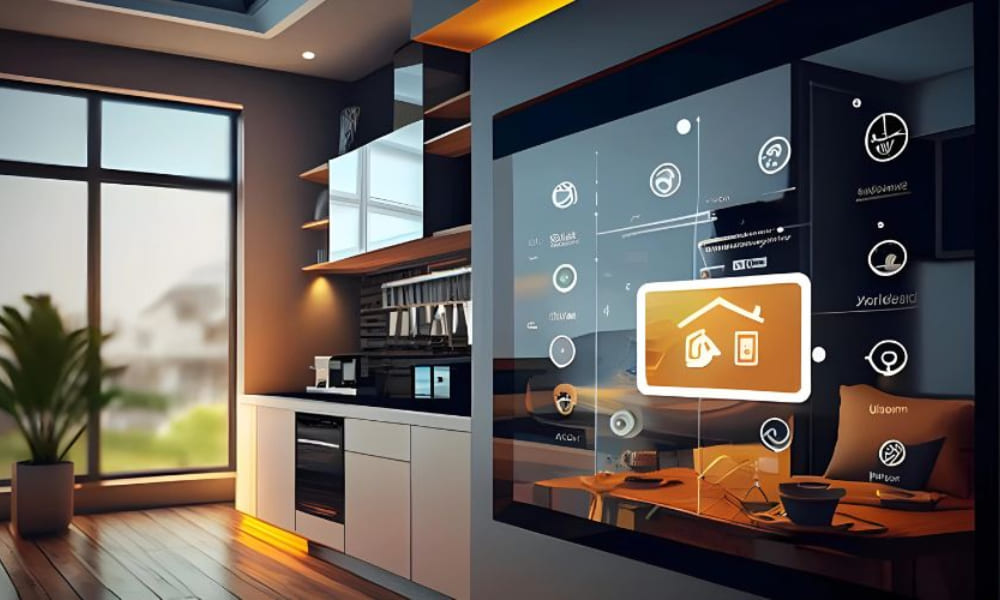
11
Aug- Admin
- Automation
Imagine living in a home where every device intuitively understands your needs, making life smoother and more enjoyable. This vision of the future is rapidly becoming a reality thanks to advances in home automation technology. As we look ahead to the next decade, the possibilities for smart homes are expanding in ways that were once the stuff of science fiction. Let's explore what the future holds for home automation.
Artificial Intelligence and Machine Learning
Artificial intelligence (AI) and machine learning (ML) are set to revolutionize home automation. These technologies enable devices to learn from your habits and preferences, making personalized adjustments to optimize comfort and efficiency. For instance, your thermostat could learn your ideal temperature settings based on the time of day and weather, while your lighting system adjusts automatically to match your daily routines and mood.
Seamless Integration and Interoperability
The future of home automation lies in seamless integration and interoperability. Currently, many smart devices operate in silos, but the next wave of technology will see greater compatibility across different brands and platforms. This means your smart fridge, oven, lighting, security system, and more will communicate effortlessly, creating a truly interconnected home environment.
Voice and Gesture Control
Voice assistants like Amazon Alexa, Google Assistant, and Apple's Siri have already made significant strides in home automation. The future will bring even more sophisticated voice control capabilities, along with gesture-based controls. Imagine simply gesturing to turn on the TV, adjust the volume, or dim the lights—no need for remotes or switches.
Enhanced Security and Privacy
As home automation technology advances, so too will the measures to ensure security and privacy. Future smart homes will feature more robust encryption and authentication methods to protect against cyber threats. Biometric data, such as facial recognition and fingerprint scanning, will become standard for accessing and controlling smart devices, ensuring that only authorized users can make changes.
Sustainable and Energy-Efficient Homes
Sustainability will be a key focus in the future of home automation. Smart homes will be designed to minimize energy consumption and environmental impact. Automated energy management systems will optimize the use of electricity, water, and other resources, reducing waste and lowering utility bills. Integration with renewable energy sources like solar panels will become more common, making homes not only smart but also green.
Health and Wellness Integration
The future of home automation will see a greater emphasis on health and wellness. Smart homes will be equipped with devices that monitor air quality, provide reminders for medication, and even offer mental health support through AI-driven interactions. Fitness and wellness tracking will be seamlessly integrated into the home environment, helping residents maintain a healthier lifestyle effortlessly.
Remote Access and Control
As remote work and flexible living arrangements become more prevalent, the ability to control and monitor your home from anywhere in the world will be increasingly important. Enhanced remote access features will allow you to manage everything from security cameras to household appliances via your smartphone or other connected devices, ensuring peace of mind no matter where you are.
Conclusion
The future of home automation is incredibly exciting, promising a more connected, efficient, and personalized living experience. With advancements in AI, seamless integration, enhanced security, sustainability, health integration, and remote control, our homes will become smarter and more responsive to our needs. As these technologies continue to evolve, the smart home of tomorrow will bring unprecedented convenience and comfort, making our daily lives easier and more enjoyable.
FAQs
What are the key advancements expected in home automation?
Key advancements include AI and machine learning for personalized adjustments, seamless device integration, voice and gesture control, enhanced security, sustainability features, health and wellness integration, and improved remote access.
How will AI and machine learning impact home automation?
AI and machine learning will enable smart devices to learn from user habits and preferences, optimizing settings automatically for greater comfort and efficiency.
What is the importance of seamless integration in smart homes?
Seamless integration ensures that all smart devices in a home can communicate and work together efficiently, creating a more cohesive and intuitive user experience.
How will future smart homes enhance security and privacy? Future smart homes will incorporate advanced encryption, authentication methods, and biometric data to protect against cyber threats and ensure only authorized users can control devices.
How will home automation contribute to sustainability? Automated energy management systems, integration with renewable energy sources, and optimized resource use will reduce waste and lower utility bills, making homes more sustainable.


